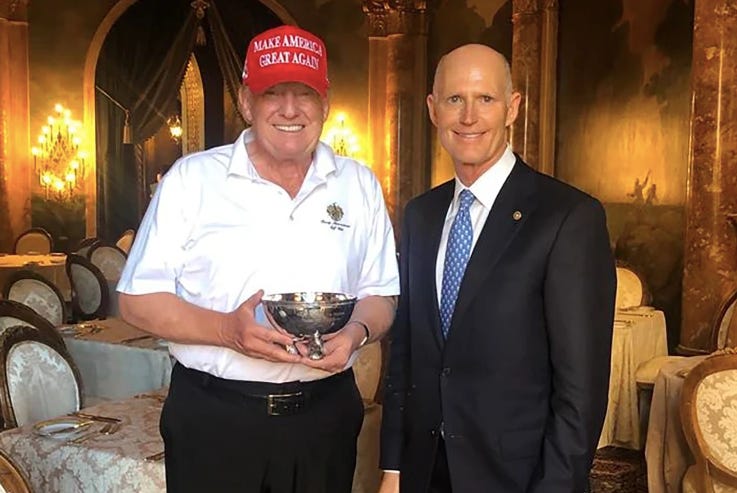It took over a decade after Ronald Reagan first entered the White House for any Republican running for office to coin themselves as a “Reagan Republican.” Since the Gipper road into the sunset back to California and eventually his eternal rest, Republicans have used his name in a similar way to how Roman Emperors would invoke Caesar. Everyone has tried to invoke his legacy and lay claim to his agenda with mottos like “peace through strength” and “the city on the hill.”
Such easy slogans allowed for anyone to brand themselves as a “Reagan Republican” even though the Gipper was much less hawkish on military intervention than his political heirs and much less dogmatic on social issues and the courts than recent Republicans. This is not to condemn Reagan or his legacy; it’s to say that a President’s political legacy can be more often defined by his heirs than by himself. Who knows what Reagan would have done on any given issue. It’s impossible to say he was a man of a particular time and place - but if you ask people who still claim his legacy, he would have always been for military intervention, cutting entitlements, and slashing taxes.
We’re seeing a similar evolution occur with Trump, even while he’s alive, and allegedly plotting another run for the White House.
Trump’s 2016 campaign message of “America First” and “Making America Great Again” was undeniably centered around immigration reduction, economic patriotism, and hesitancy towards military intervention. His earliest campaign white paper was on immigration and outlined the need to build a border wall and have Mexico pay for it by taxing remittances. It also included a nationwide e-verify, tripling the number of ICE officers, defunding sanctuary cities, increasing penalties for visa overstays, ending birthright citizenship, cracking down on H1-b visa abuses, and pausing the number of green cards offered to foreigners in industries where a large portion of Americans are out of work. Within his first year in office, he endorsed Sen. Tom Cotton’s RAISE Act which ended several visa categories, created an Australia-style point system, and reduced legal immigration.



